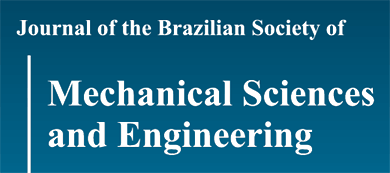One of the greatest challenges in today's industrial robotics is the development of off-line programming systems that allow drastic reduction in robots' reprogramming time, improving productivity. The article purpose is to pave the way to the construction of generic calibration systems easily adapted to any type of robot, regardless their application, such as modular robots and robot controllers specifically designed for non-standard applications. A computer system was built for developing and implementing a calibration system that involves the joint work of computer and measurement systems. Each step of this system's development is presented together with its theoretical basis. With the development of a remote maneuvering system based on ABB S3 controller experimental tests have been carried out using an IRB2000 robot and a measurement arm (ITG ROMER) with 0.087 mm of position measurement accuracy. The robot model used by its controller was identified and the robot was calibrated and evaluated in different workspaces resulting in an average accuracy improvement from 1.5 mm to 0.3 mm.
robot calibration; off-line programming; parameter identification; robot kinematic models




















